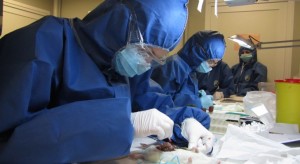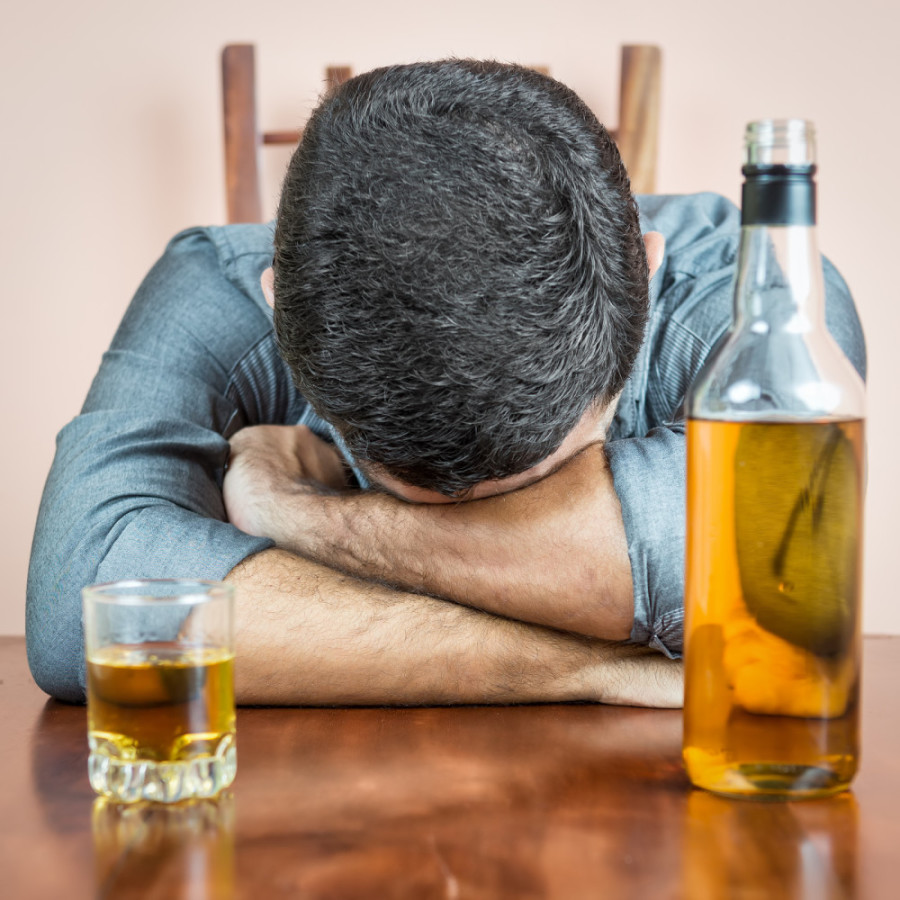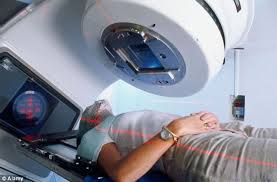Topamax and Alcoholism Treatment
Role of Topamax in Alcoholism Treatment
 Alcoholism is serious problem that many people are still battling with today. After consuming alcohol for a long time, the brain chemistry becomes altered and there the brain becomes dependent on alcohol to function properly. Any person who is trapped in alcoholism may find it very hard to creep out of it, courtesy of cravings. for a person to be treated effectively of alcoholism he needs to have these cravings brought down without which all the possible positive outcomes during the treatment will all be in vain as very few people will be able to resist the craving for alcohol. Today almost a third of Americans who drink wine, spirits, beer and other alcoholic beverages are considered problem drinkers, meaning that they are at risk of becoming alcohol dependent, according to a 2005 study in the American Family Physician journal. Alcoholism is the final stage of alcohol addiction and it affects about 12 percent of the population. However alcoholism is not a problem of the Americans alone, it is a problem of the world, even in Middle East which was once considered an alcohol free territory has alcohol addicts.
Alcoholism is serious problem that many people are still battling with today. After consuming alcohol for a long time, the brain chemistry becomes altered and there the brain becomes dependent on alcohol to function properly. Any person who is trapped in alcoholism may find it very hard to creep out of it, courtesy of cravings. for a person to be treated effectively of alcoholism he needs to have these cravings brought down without which all the possible positive outcomes during the treatment will all be in vain as very few people will be able to resist the craving for alcohol. Today almost a third of Americans who drink wine, spirits, beer and other alcoholic beverages are considered problem drinkers, meaning that they are at risk of becoming alcohol dependent, according to a 2005 study in the American Family Physician journal. Alcoholism is the final stage of alcohol addiction and it affects about 12 percent of the population. However alcoholism is not a problem of the Americans alone, it is a problem of the world, even in Middle East which was once considered an alcohol free territory has alcohol addicts.
Some of symptoms of alcoholism include;
- Intense craving for alcohol
- Inability to stop taking alcohol
- Binge drinking
- Other symptoms include; Nausea, sweating, shakiness, restlessness, or anxiety after drinking has stopped
The need for alcoholism treatment has led to rise of certain drugs that have been in use for some time. Alcohol dependence is a serious problem and FDA approved certain drugs like disulfiram (Antabuse and generic), naltrexone (ReVia, Vivitrol, and generic), and acamprosate (Campral). However these drugs haven’t been very successful in treating alcoholism as most of them had to be effective only when the patient has abstained from alcohol. This is surely a problem for alcohol cravings can never allow an addict to abstain before the problem is addressed. Therefore the need for a drug that could work even when the patient is still drinking rose. Topamax is the drug that was found to be effective in treatment of alcoholism as it could work without the need of the addict stopping the use of alcohol; Topamax was found to be very successful in treating volunteers who were still drinking heavily, according to a new analysis by the American Society of Health-Systems Pharmacists. However effective it is, topiramate is not approved by the FDA to treat alcohol dependence.
The drug is approved for treatment of certain types of seizures and as remedy for some conditions like migraine headaches. topiramate is also used as an off-label to combat alcoholism because it does not only not only quell other effects of alcohol but also appears to correct the brain chemistry imbalance caused by chronic drinking which includes a decrease in rewarding effects in the brain from continued alcohol consumption.
Speaking about the effectiveness of topiramate in treatment of alcoholism, Henry R. Kranzler, M.D., associate scientific director of the Alcohol Research Center at the University of Connecticut had this to say, “The advantages of topiramate are that it works well and can be used in people who are actively drinking,” however Kranzler emphasized the negative effects of using the drug to treat alcoholism, “But it causes troublesome side effects, especially memory and thinking problems and sedation. To minimize them, the dosage must be increased slowly over as long as eight weeks, which requires multiple doctor visits and means patients, may not achieve results as quickly as they would with another medication.” therefore it must be administered by a qualified doctor who’ll know the right dosage.
How effective is topiramate in treatment of alcoholism?
There have been some researchers that have been done to show the effectiveness of topiramate in treating alcoholism. In two double-blind, randomized, placebo-controlled trials, topiramate was found effective as it did not only decrease drinking but also increased abstinence in alcohol-dependent adults. The craving for alcohol was also decreased in one of the two studies and it also improved the quality of life of the addicts. Other problems that are always associated with excessive drinking like blood pressure issues, liver enzyme and increasing cholesterol levels were also remedied. However these two studies were only conducted for 12 to 14 weeks, therefore the long-term effectiveness of the drug could not be determined. Another reason that made these results doubtable was the fact that Topamax manufacturers partly or fully funded these trials.
 In another study that was not blinded, Spanish researchers randomly assigned alcohol-dependent patients to treatment with either topiramate or naltrexone for six months. The patients knew that they were taking the medication and which drug they took. In this study topiramate was found to be very effective in reducing the cravings for alcohol. In another observational study in Spain it was found that topiramate was effective in treating alcoholics who had failed to respond to other standard treatments for alcoholism. It helped reduce craving and drinking in these patients.
In another study that was not blinded, Spanish researchers randomly assigned alcohol-dependent patients to treatment with either topiramate or naltrexone for six months. The patients knew that they were taking the medication and which drug they took. In this study topiramate was found to be very effective in reducing the cravings for alcohol. In another observational study in Spain it was found that topiramate was effective in treating alcoholics who had failed to respond to other standard treatments for alcoholism. It helped reduce craving and drinking in these patients.
The results of these researches are very positive on the use of topiramate in treatment of alcoholism however there is still need to come up with other long term research to help determine whether the use of topiramate for treatment of alcoholism can be beneficial, also the need for accurate dosing should be looked into to minimize chances of the patients suffering gross side effects.
Alcoholism is a menace that should be fought by all means that is why we at AWAREmed Health and Wellness Resource Center are committed to availing help to addicts and offering them a place to call home. It does not matter what kind of addiction you are wrestling with right now, just call on Dr. Dalal Akoury (MD) today and begin your journey to victory against addiction.
Role of Topamax in Alcoholism Treatment




























